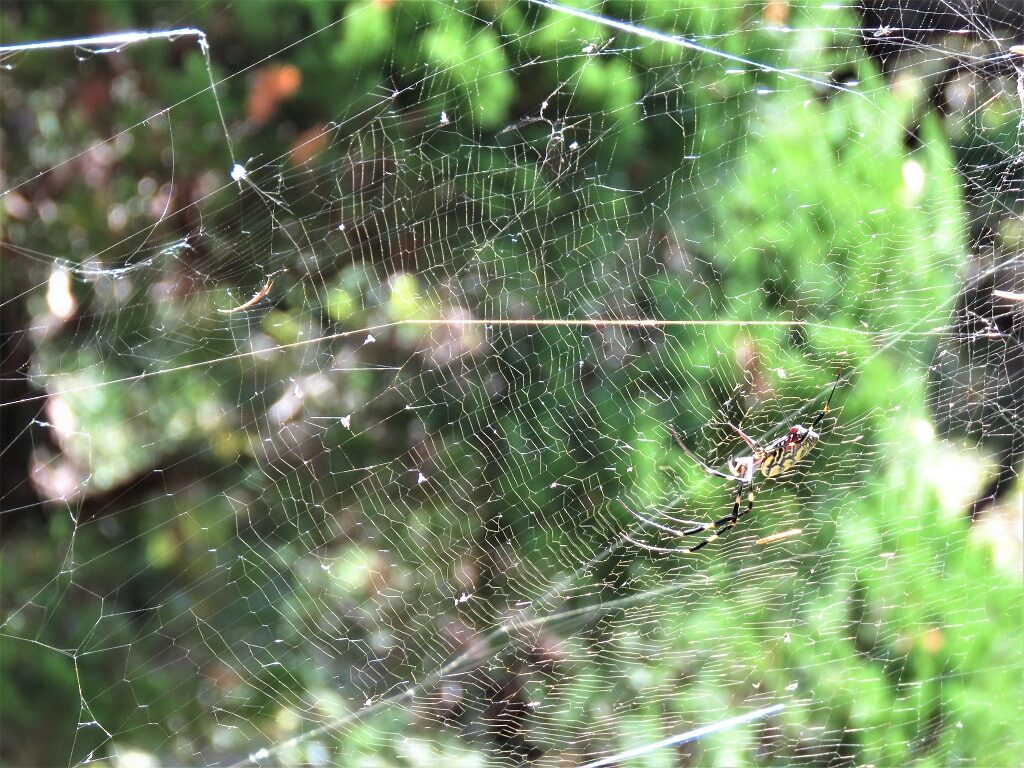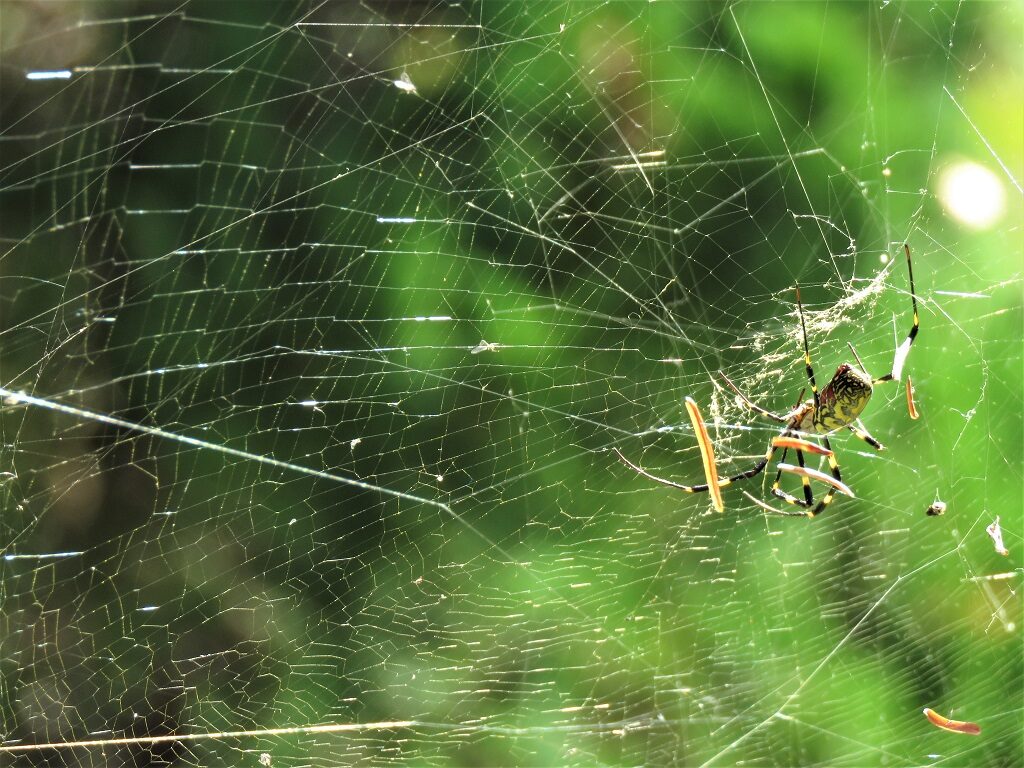Taking A Broom To A Delicate Web
I just read this headline from the Associated Press: “House moves toward OK of Dems’ sweeping social, climate bill.”
So often these days, one reads of “sweeping bills,” “sweeping reforms,” “sweeping measures,” or “sweeping new mandates.” The metaphor is apt, if hackneyed, because it is very much of the essence of progressivism to view politics as a matter for brooms. In other words, progressivism promotes and embodies the politics of wanton destruction. A bit of spider’s silk uncomfortably touching one’s hand is likely to be met today with an immediate “sweeping reform,” destroying everything in the name of sparing oneself any hint of real or perceived inconvenience.
But a web is a magnificent thing, and ought to be met with at least a moment’s hesitation, if not genuine reverence, before hauling out the broom to sweep it all away. Progressivism is a cold irreverence. Its instinct is to end what exists, as though reality itself were of no consequence or worth, unless and until it has been remade by the puny hand of calculating authority.
A conversation overheard in the woods:
Companion 1: Wow, look at that! Amazing.
Companion 2: Ugh! It’s frightening!
Companion 1: But beautiful — look at the details. It just seems to go on and on.
Companion 2: I can’t look at it, it’s too horrible.
Companion 1: Horrible? There is nothing else produced in nature that is so intricate and impressive.
Companion 2: God, can you just get a stick and wipe it away please?
Companion 1: I think we can walk around it without disturbing it.
Companion 2: I don’t care. It’s disturbing me. Get rid of it.
Companion 1: But seriously, just look at it for a minute. Imagine how much effort was expended constructing this incredible complexity, and then think how easy it is to just destroy the whole thing.
Companion 2: Don’t just think about it — do it!
Companion 1: Why? What scares you about it?
Companion 2: I don’t like things around me that I can’t control. Get rid of it.
Nature is full of complexities we cannot control. Human nature, above all, to the extent that it is left to its own devices, tends to develop the most elaborate architecture of interaction: complex structures built up out of generations, even millennia, of overt communication, unspoken understanding, and all the stresses and strains that (barely) maintain the most delicate threads possible on Earth — the web of civilized life.
The progressive is the man who rebels against this beautiful but all too delicate structure, decrying nature’s ever-expanding elaborateness precisely on the grounds of its enormous complexity, which makes it essentially uncontrollable. For he craves control as one does who fears the unknown, who is terrified of a world beyond his limited powers, and who therefore comes to hate that world, which means to hate the nature that produces such a world.
Civilization is the Earth’s highest expression of nature, and therefore the most disturbing obstacle to the dreams of the cowardly control freak, the man who is certain he knows better, and could surely, if allowed free rein, construct something far superior — simpler, safer, and less frightening to him — than the gossamer symmetries and mysterious developments of unwieldy natural design.




